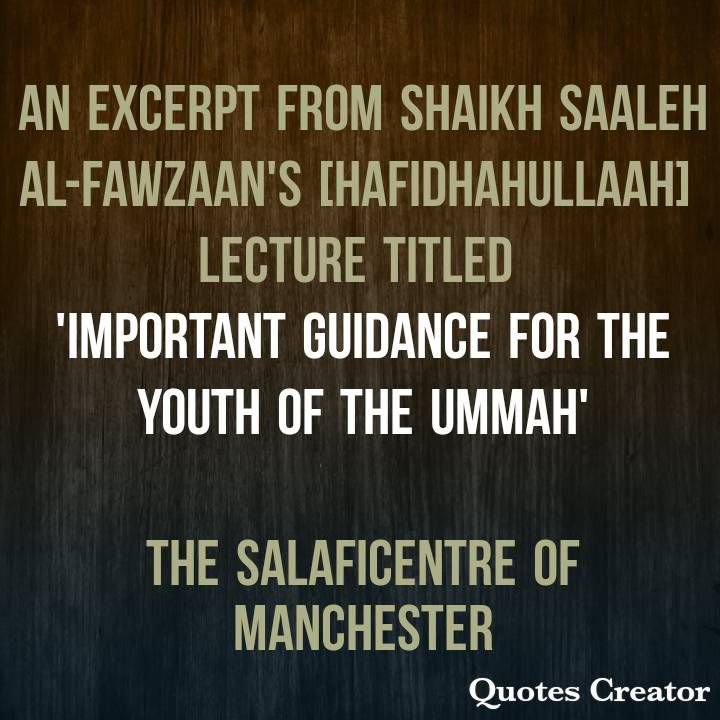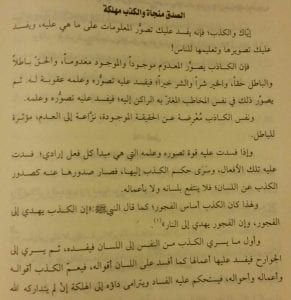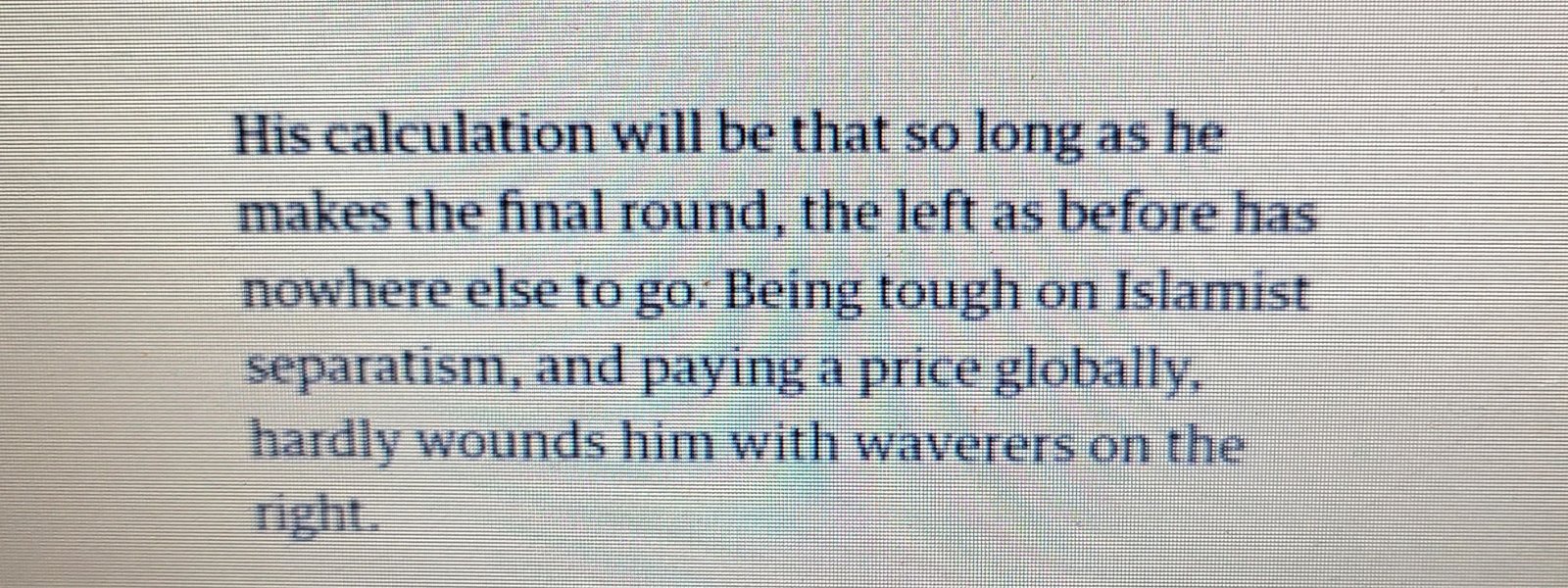In The Name of Allaah, The Most Merciful, The Bestower of Mercy
This was a clarification by Shaykh Ubayd (may Allaah preserve him), which was a quick translation by the elder brothers and students at Salafipublications (may Allaah preserve them). You can access the audio directly from this link:
http://safeshare.tv/w/cOLObITEbR
Shaikh Ubaid stated:
I have not read the book of Shaykh Abdul-Muhsin.
I know from experience that Ahl ul-Ahwaa take whatever chance they can from some of the affairs that arise from some of Ahl us-Sunnah, then they twist it for their own benefits whereas it is not really of benefit to them.
Shaykh Abdul-Muhsin, according to the title that I have come to know, is actually advising Ahl us-Sunnah in relation to Ahl us-Sunnah. And this is a matter that is agreed upon by all of the Shaykhs that we have known, and we are upon this as well.
However we need to know who are Ahl us-Sunnah, not everyone who claims the Sunnah is actually from it.[note: such as the hizbees who are now using this book for their own agendas!]
Secondly, Shaykh Abdul-Muhsin and others, when he comes to know of a person of innovation he will show rejection upon him and his innovation [note: like he did with Safar and Salman, Ar’oor, Hasan Maalikee etc!]
Thirdly, this is a rule, the one who knows is a proof against the one who does not know, so those who spoke of Abul-Hasan spoke with evidences, proofs so clear, like the apparentness of the sun in the daytime, and they criticised his speech and actions, so those who made jarh upon him and established the evidences against him, then we have to take this from them otherwise we are people of desires. And that Scholar who has not seen what the others have seen, then we do not follow that Scholar who was ignorant of the condition of of the one who was disparaged.
Then the Shaykh gives some examples:
1. Example of Shaafi’ee’s ta’deel for Ibraaheem ibn Muhammad ibn Abee Yahyaa, but scholars made Jarh upon him and said he is not thiqah. So the tawtheeq of Shaafi’ee was not accepted and nor did this tawtheeq help the one who was declared thiqah by him [note: just like Shaykh Abdul-Muhsin’s speech for Abul-Hasan does not benefit him in anyway, for he remains a straying deceiving lying Ikhwaanee Innovator!].
- Example of Safar and Salman, when we (i.e. the Shaykhs of Madinah) would criticise them with proof, but Shaykh Ibn Baz and Shaykh Ibn uthaymeen and others from the Major Scholars did not say anything about them. But after 4 years, the declaration came from the Hay’ah convicting them (of errors) and advising that they be restrained.
3. Example of Shaykh al-Albaanee used to praise Safar and Salman, give them tazkiyah and so on, but after 6 or 7 years, he spoke against them, and he admitted that “we had been hasty and the people of Madinah were more knowledgeable of the people”.
Then the Shaykh said, “distribute this discussion”.
Then after being asked about those who spread this book the Shaykh said, “This person is a person of fitnah, either a person of fitnah or one who does not know (the situation)…” Then the Shaykh added to this, “…especially when such a person spreads it amongst the general people (at large), the likes of me (i.e. the Shaykh) and you (i.e. students of knowledge), from those people who understand could read the book, but as for one who spreads it by the hundreds, to the general and specific people, in accordance with what I have said, then this is either one who is heedless (does not know) or is a person of fitnah (saahibu fitnah).”
[End of quote]
———————————-
To be continued In-Shaa-Allaah











